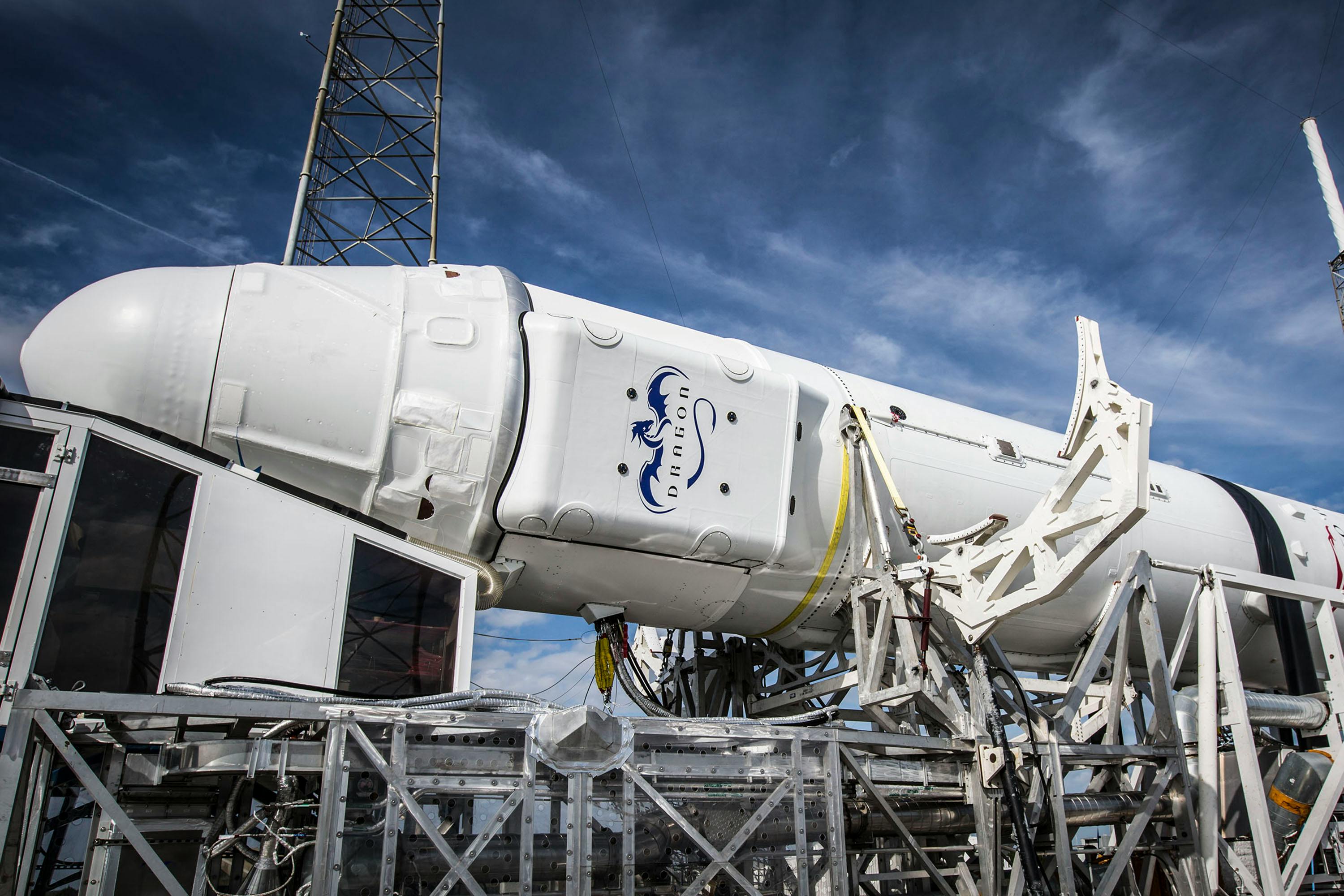“The Recent Escalation Between Israel and Hezbollah: Causes, Consequences, and International Reactions”

Overview of the Recent Escalation
In recent weeks, the Middle East has once again been thrust into the spotlight due to a significant escalation in hostilities between Israel and Hezbollah. This intensification has raised alarms globally about the potential for a broader conflict in the region. The latest confrontation marks one of the most severe exchanges between these adversaries in recent years.
Details of the Missile Exchange
The recent escalation began with Hezbollah launching a series of rockets into northern Israel. In retaliation, the Israeli Defense Forces (IDF) conducted extensive airstrikes targeting Hezbollah positions in southern Lebanon. This exchange has resulted in casualties and significant damage on both sides, although exact numbers are yet to be confirmed.
Historical Context of the Conflict
To understand the current situation, it’s essential to consider the long-standing conflict between Israel and Hezbollah. This militant group, based in Lebanon, has been in conflict with Israel for decades. Notable past confrontations include the 2006 Lebanon War, which resulted in substantial casualties and widespread destruction.
Political Reactions and Statements
The political responses to this escalation have been swift and firm. Israeli leaders, including the Prime Minister and Defense Minister, have condemned the attacks, emphasizing their commitment to protecting Israeli citizens. Hezbollah, on the other hand, has stated that their actions were in retaliation for recent Israeli operations in Lebanon.
International Response to the Crisis
The international community has not remained silent amid these tensions. The United Nations has called for immediate de-escalation and urged both parties to return to negotiations. Similarly, the United States and the European Union have expressed their concerns and called for restraint.
Potential Implications of Continued Escalation
Analysts warn that if the hostilities continue to escalate, it could lead to a broader regional conflict. This scenario could involve neighboring countries and significantly impact civilian populations in both Israel and Lebanon. The humanitarian situation is already dire, with thousands of civilians displaced and in urgent need of aid.
Conclusion: The Path Forward
The recent missile exchange between Israel and Hezbollah underscores the fragile and volatile nature of their relationship. With international calls for de-escalation, the situation remains tense. The world watches closely, hoping for a resolution that avoids further bloodshed and fosters long-term peace and stability in the region.
The current escalation serves as a stark reminder of the need for sustained diplomatic efforts and the importance of addressing the underlying issues fueling this conflict. Only through dialogue and mutual understanding can lasting peace be achieved in this troubled region.

